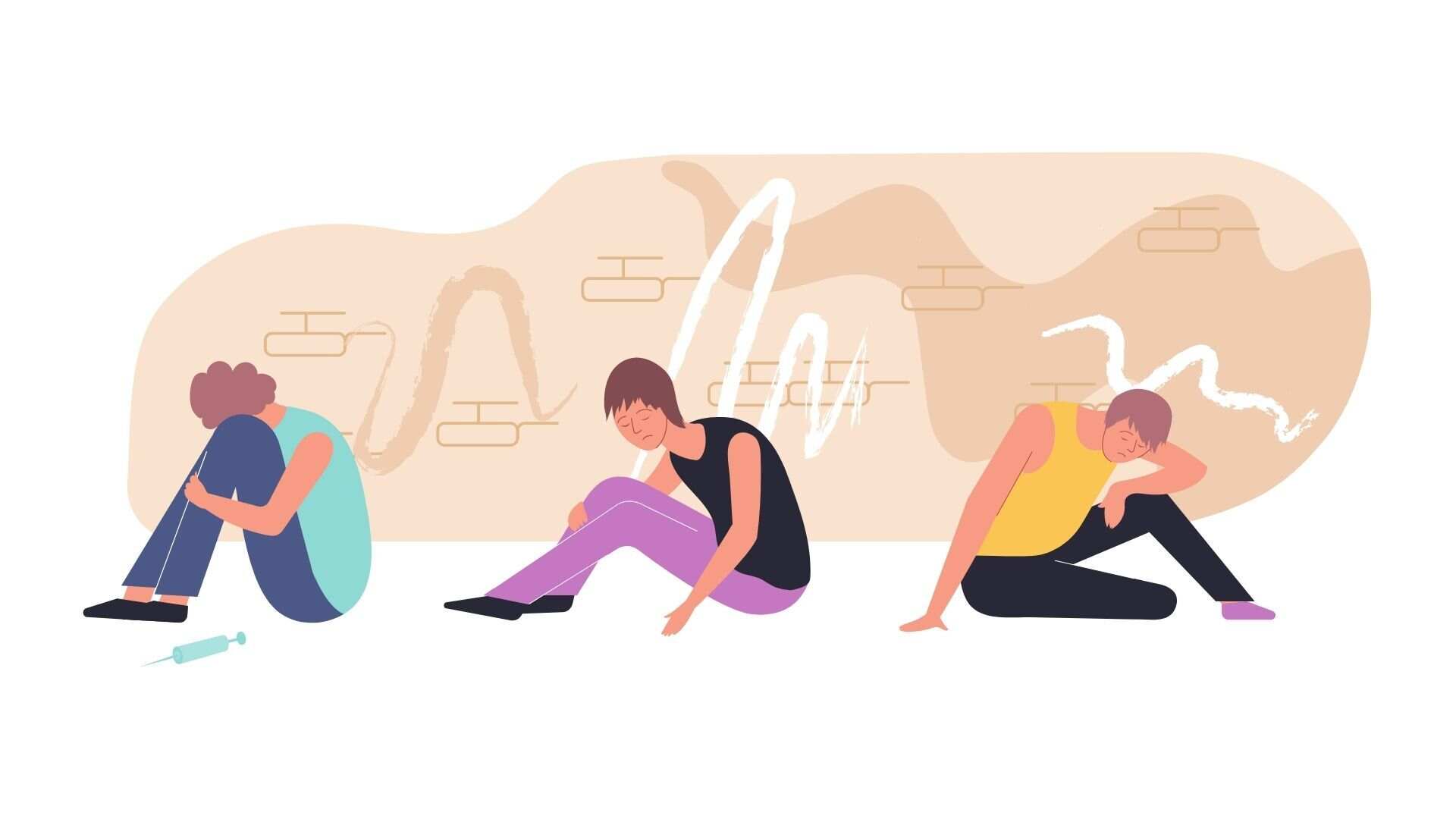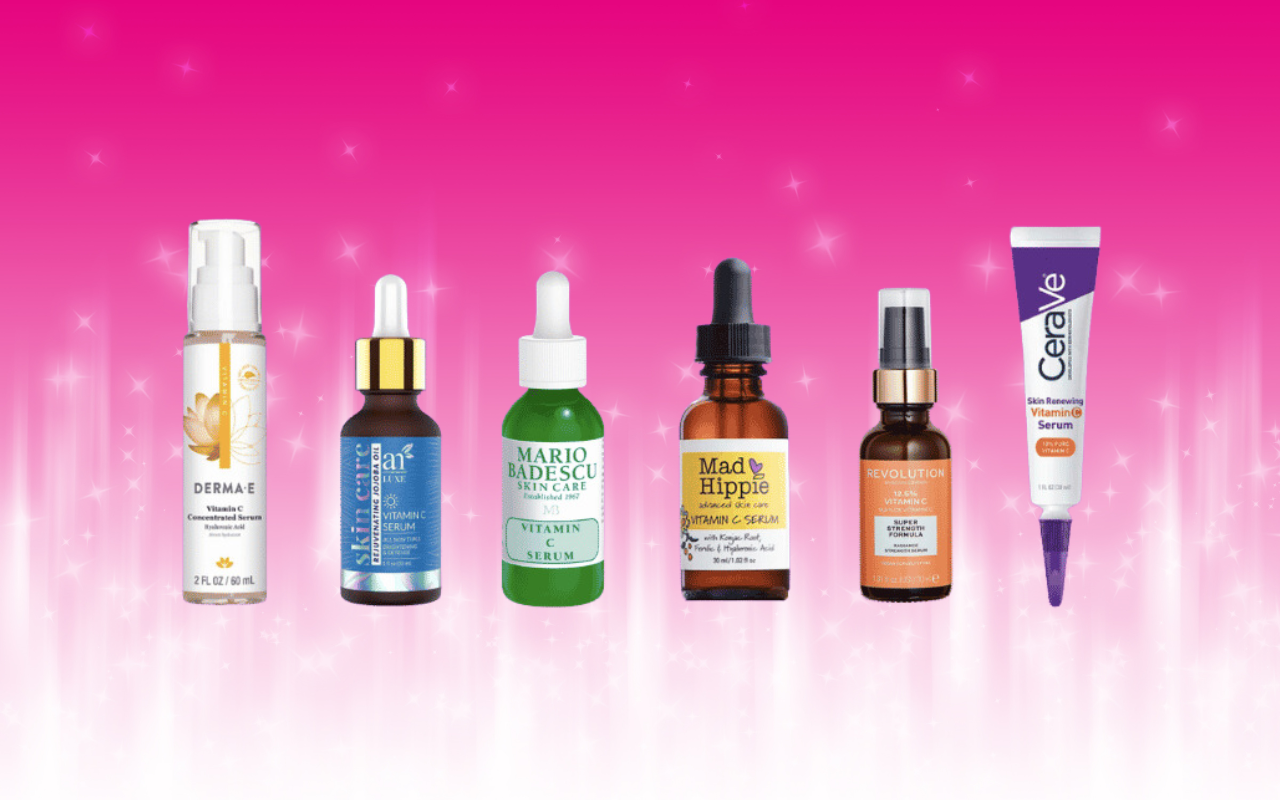Crazy Myths About Addiction
Alcohol has a wide range of physiological consequences. Consumption of alcohol is said to have both benefits and drawbacks. It causes immediate physiological changes in the brain, heart, liver, and other systems. If you drink excessively, these changes can lead to long-term health concerns.
You may be surprised to learn how much you don’t know about this famous ingredient found in many of your favorite cocktails, liquors, beers, and wines.
Today, we will debunk 10 crazy myths surrounding addiction so that you can finally know the facts and judge addiction patients in a humane light.
Top 10 Myths Surrounding Addiction
Once you understand how addiction progresses, you may become more interested in finding the truth behind this disease. You can always check https://www.infiniterecovery.com/drug-rehab-dallas/ for more details. But, we have also brought a fair insight into addiction myths. So, let’s take a look:
#Myth 1: Relapse Equals Failure
Relapse is a common occurrence in the healing process. It is not, in any way, a sign of failure.
According to the Journal of the American Medical Association, 40% to 60% of those who receive substance abuse treatment may relapse within a year. Changing any habit, whether or not you are recovering from drug addiction, is difficult.
It’s even more difficult when you’re mentally and physically reliant on something.
#Myth 2: Addiction Is Not A Real Disease
This is perhaps one of the most common misunderstandings. Addiction is a chronic disease, akin to heart disease, diabetes, and cancer, according to prominent addiction experts.
There are numerous elements that contribute to someone’s struggle with addiction. Life conditions such as trauma, mental illness, or heredity can all have a role, although they don’t always. Addiction can strike anyone at any time. When addiction takes hold, the chemistry of the brain changes, making it difficult to control urges.
#Myth 3: Addiction Should Be Kept A Secret
Many people believe that their loved ones will judge them for their addiction, that it will harm their professional position, or that their peers will criticize them for their addiction.
But none of this matters when it comes to your health and, eventually, the quality of your life. Keeping a secret is a significant psychological burden that requires a lot of work. It’s difficult on both ends to let your friends and family see changes in you without context.
By informing them of your situation, you open the door to valuable assistance. People can have a lot more empathy than you might believe.
#Myth 4: Alcohol Addiction Is Better Than Drug Addiction
Alcohol is widely accepted and available, and it is even praised in American culture. Millions of people drink as a social pastime, and this, sadly, is where alcohol addiction begins.
Alcohol is a drug, and it is a devastatingly fatal substance. The social component gives the appearance that it is less harmful than narcotics like heroin or cocaine, but the truth is that it is a drug.
Alcohol is the third greatest avoidable cause of mortality in the United States, according to the National Institute on Alcohol Abuse and Alcoholism.
#Myth 5: Tough Love Can Cure Any Kind Of Addiction
Tough love is a term used to describe when someone is treated harshly. Tough love, like many other ways of treating people, has a range.
On one end, there is a location with clearly defined borders. Abusive conduct, on the other hand, is frequently used as an excuse to humiliate, ridicule, or physically dominate another person.
In general, it has been acknowledged that treating someone with an addiction with harsh love is bad. While tough love has a place in some recovery strategies, it’s important to talk to an addiction treatment counselor about this behavior before implying it.
#Myth 6: You Know When Someone Close To You Go Through Addiction
It’s another myth that healthcare providers tell us. There are many high-functioning addicts. Since addiction is associated with a great deal of shame and embarrassment, many people adopt practices that allow them to effectively disguise their addiction, at least temporarily.
Know the basic indications and behaviors that might suggest an addiction, such as financial difficulties, a loss of interest in previously enjoyed activities, isolation or secrecy, weight loss, and an unhealthy look.
Keep in mind that addiction is a progressive condition that will only become worse with time.
#Myth 7: You Must Want To Be Better
It’s true that treatment works faster for those who desire it, but people who are forced to enter addiction treatment can still succeed in being clean or sober.
The addict’s eyes may be opened to the fact that they have a problem as a result of treatment, and the recovery process can then begin. However, the first week or two may be difficult for people who haven’t reached the point where they wish to recuperate.
Those in treatment begin to recognize the benefits of becoming clean and sober as time goes on. Unfortunately, it’s often a case of waiting until the medications have left the system and are no longer clouding one’s judgment.
#Myth 8: Addicts Cannot Live A Normal Life
Many people associate an addict with a filthy, scruffy bum with no career or life goals—yet another caricature perpetuated by society.
Many addicts are able to function normally and even have prosperous lives. This type of high-functioning addict is a master at obfuscating their addiction such that it goes unnoticed. This is particularly hazardous since it makes it much more difficult for friends and family members to intervene before it is too late.
#Myth 9: Hitting Rock Bottom Is A Must To Come Back
The definition of ‘rock bottom’ differs from person to person, but it is not a requirement for getting help. It’s critical to recognize whether addiction is getting out of hand early on.
Addiction does not simply go away; it continues to grow until there is nothing left to lose. But it would be foolish to believe that recognizing the problem and then seeking therapy is all that is required. Encourage a loved one to get therapy. Then, even if they aren’t ready to start therapy, they are at least aware that it is a possibility.
#Myth 10: Addiction Is A Choice
Nobody sets out to become an addict. It is a force that takes hold regardless of your living situation.
Addiction can lead to someone stealing for more money or drugs, not being available to friends or family, or making risky decisions they would not have taken otherwise.
However, they are not an addict because they were a terrible person; rather, they may become a horrible person and make poor judgments as a result of their addiction. Hence, it’s not a choice.
Are You Convinced?
Now that we have debunked these popular myths surrounding addiction, you must want to know more about addiction treatments, right?
Well, we think you should take one step at a time. Once you understand what addictive habits can do to your health, you will automatically be intrigued to seek treatment.
So, if you want more info on them, let us know in the comment section.






